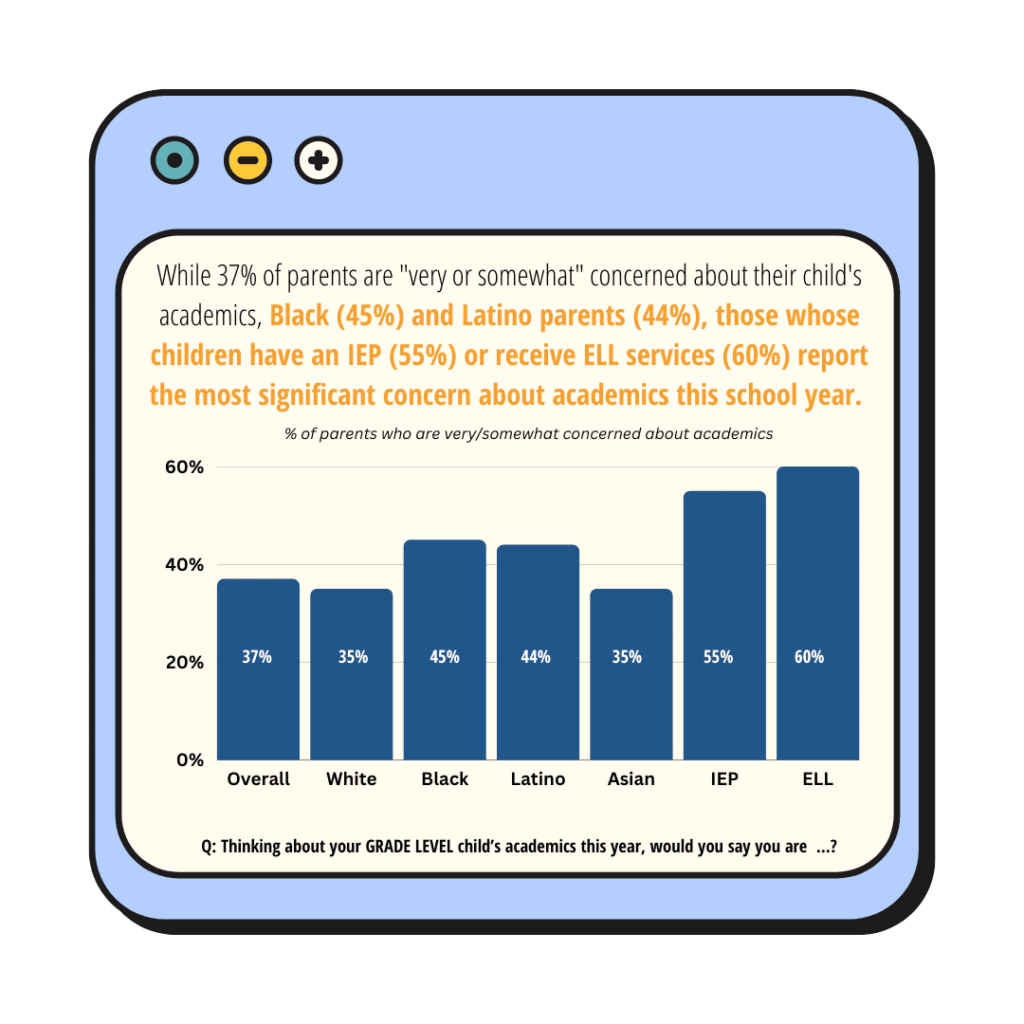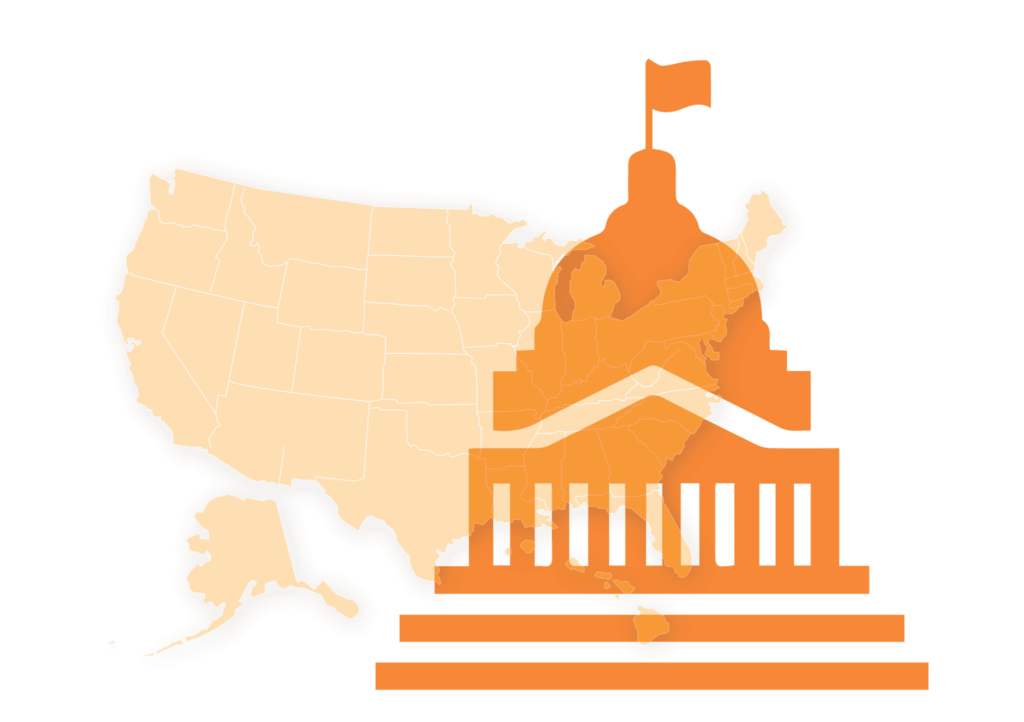“Expanding the use of harsh disciplinary measures is the wrong approach ,” said Blair Wriston, se nior government affairs associate at Ed Trust. “Lawmakers are focusing narrowly on advancing policies that harden schools and punish students rather than supporting and implementing evidence-based policies and practices that support their social-emotional well-being and academic learning. Educators must have the tools and resources to build strong relationships with students and create learning environments where students feel valued and included.”
Data has consistently shown stark disparities in how schools discipline their students. Black students are corporally punished at twice the rate of White students, and students with disabilities are also more likely to be corporally punished than their nondisabled peers. Black students, who account for just 15% of the nation’s students, account for 31% of in-school suspensions and 38% of out-of-school suspensions, the largest disparity across all race/ethnicity and gender groupings. As a result, Black students on average lose five times as many instructional days per year as White students, often for the same or lesser offenses.
In Is Your State Prioritizing SEAD? , Ed Trust found that 23 states either explicitly allow or have no explicit prohibitions against corporal punishment. And while 11 states and Washington, D.C. don’t allow corporal punishment, they don’t have strong safeguards around the use of restraints (e.g., requirements for only staff trained in both de-escalation and safe restraints being allowed, prohibiting prone restraints, and only using restraint in instances of immediate harm to oneself or others). Additionally, most states allow students to be excluded from learning activities for minor, non-violent, and subjective infractions, such as defiance, and that most states don’t have policies to protect young learners from exclusionary discipline. Twenty-seven states have no restrictions at all on the use of exclusionary discipline, while only Washington state has strong policies that prohibit districts from adopting zero-tolerance discipline policies and using exclusionary discipline for young learners in K-4 and requiring districts to consider alternative forms of discipline before excluding a student. Only twenty states have passed the Crown Act to prohibit discriminatory codes of conduct based on hair.
“School leaders and educators must recognize and value differences in students and work to support students’ social-emotional and academic development,” said Denise Forte, president and CEO of The Education Trust. “In too many places, the focus is on changing student behavior rather than implementing practices that build relationships and create learning environments that support positive social and emotional growth. This is especially true in schools and districts that serve large populations of students of color and students from low-income backgrounds, exposing these students to environments that often do more harm than good.”
How School Discipline Impacts Students’ Social, Emotional and Academic Development (SEAD) is the first in a series of briefs highlighting issues policy issues uncovered in Is Your State Prioritizing SEAD? Upcoming reports will look at mental health and family engagement.
How School Discipline Impacts Students’ Social, Emotional and Academic Development (SEAD) is available at https://edtrust.org/resource/how-school-discipline-impacts-students-social-emotional-and-academic-development-sead/.
Is Your State Prioritizing SEAD? is available at edtrust.org/is-your-state-prioritizing-sead
###







 March 24, 2023 by
March 24, 2023 by 